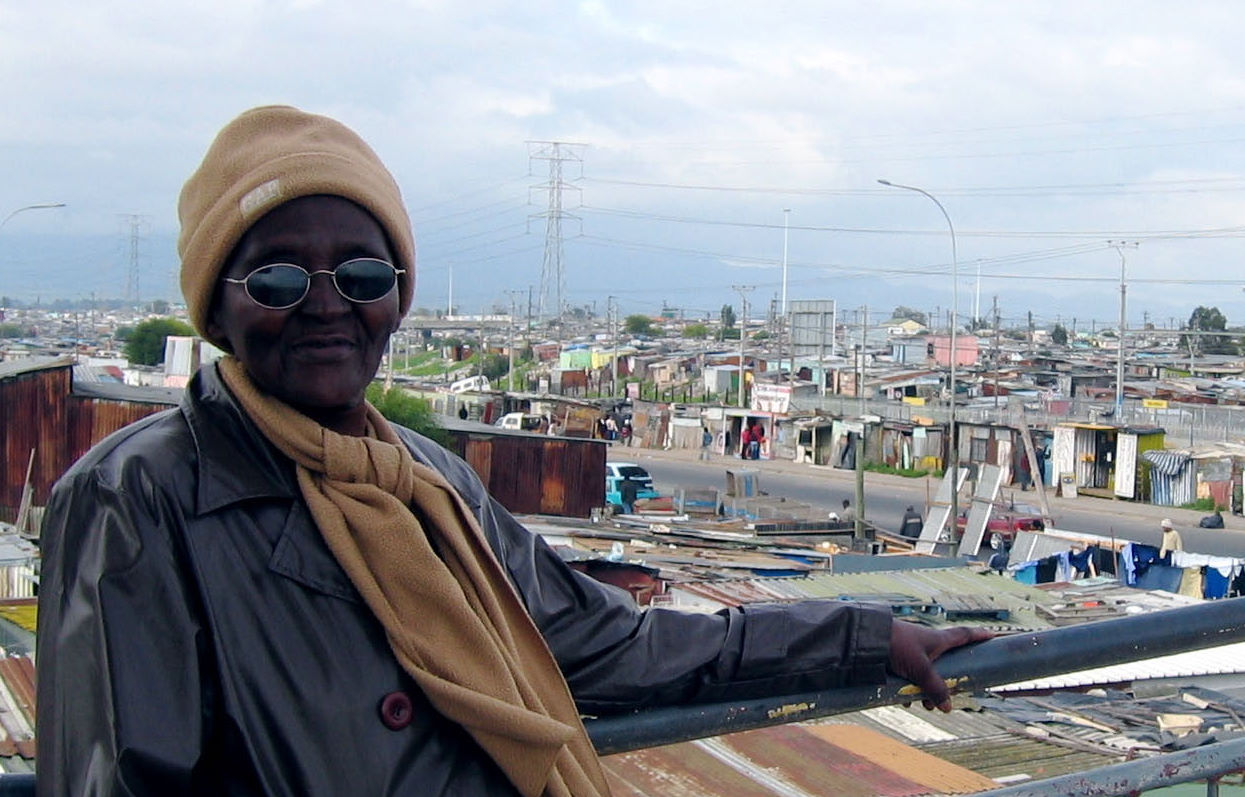Nomonde Calata
has lived through and survived the brutal and inhuman apartheid regime in South Africa. Her husband, Fort Calata, a high-school teacher advocating non-violent resistance, did not. He was one of the so-called “Cradock Four” - Matthew Goniwe, Fort Calata, Sicelo Mhlawli and Sparrow Mkhonto - who were tortured and brutally murdered by the apartheid government security forces in 1985.
The “Cradock Four” was the major case which opened the hearings of South Africa's Truth and Reconciliation Council (TRC) in 1996. Journalist and poet Antjie Kroeg writes: “The starting point of the human rights hearing was the indefinable wail that burst from Nomonde Calata's lips.” And Archbishop Desmond Tutu calls her cry the “defining sound of the TRC.”
Four decades have now passed and for the world South Africa and Nelson Mandela have become synonymous with peaceful reconciliation between black and white and forgiveness of the apparently unforgivable. However, for many people in South Africa poverty is still the norm and the brutal imprint of apartheid and colonial slavery on their collective psyche still holds them in its grip.
In addition, during apartheid times, Nomonde and her people drew their strength from the traditional value of Ubuntu - the power emerging from our shared humanity when we truly come together as human beings.
For people like Mandela, Tutu, Goniwe and Calata, Ubuntu was a tangible force which drew them together, supported them in their suffering, gave them the strength to go far beyond simple survival and nourished their very souls.
Now, for so many, Ubuntu has been replaced by the god of consumerism. The burning need for freedom replaced by the desire for designer clothes and the latest cell phone. And the brutal reign of apartheid replaced by a government of the few who are often seen to be enriching themselves at the cost of their own people who they were elected to represent.
While Ubuntu is still alive in the hearts and memory of her generation of the people of South Africa, Nomonde Calata is now leading a new cry – a cry for a return to Ubuntu. Her approach is both spiritual and practical, reconnecting with Ubuntu using modern spiritual and psychological techniques as well as traditional practices, and at the same time showing people simple ways to begin the process of organizing and empowering their own lives and arising from poverty, one step at a time and truly becoming “Proudly South African”.

Nomonde invites you to hear her cry and join her
Gifts to support Nomonde's Community Development projects in Cradock can be made through Paypal:
(Note that although the South African government has created a beautiful national monument park in memory of the Cradock Four - Matthew Goniwe, Fort Calata, Sicelo Mhlawli and Sparrow Mkhonto - at the current time - January 2025 - neither the Fort Calata Foundation nor Nomonde Calata or any of the other widows receive any government funding or other financial support.)

August 2019
Nomonde and her eldest daughter Dorothy, who was nine years old at the time of her father's murder, are interviewed on eNCA national television about their lives before, during and after the fateful events of June 27, 1985.
UPDATE - September 20, 2022
Nomonde is the special guest speaker at the session on "Racism and Native Cultures" at the Pakhuis de Zwijger cultural centre in Amsterdam. (Nomonde speaks at 0:06:40 and also 02:08:08)



